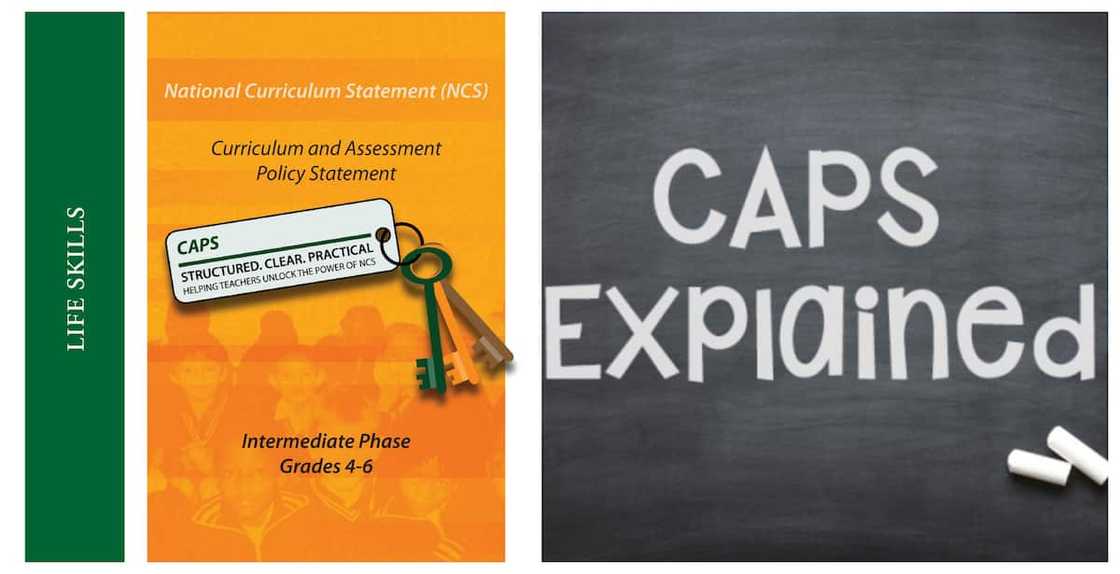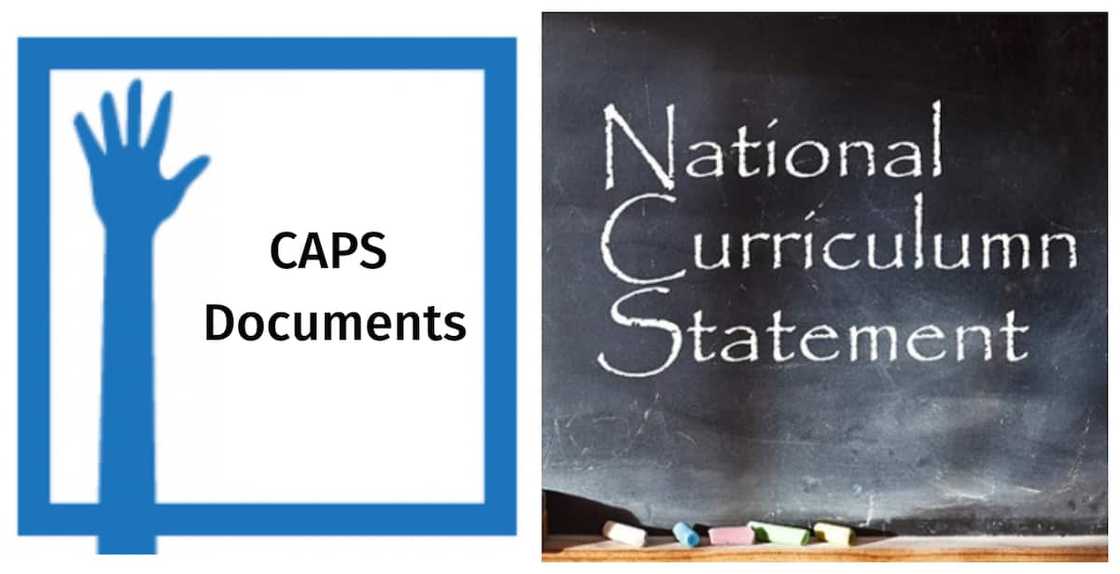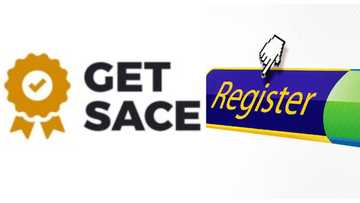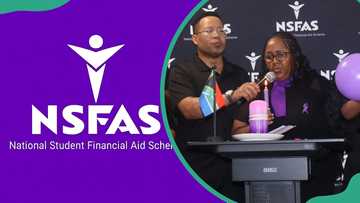Everything to know about CAPS document Intermediate Phase 2022
The Curriculum and Assessment Policy Statement (CAPS) has been around for many years. It aims to improve teaching and learning and the skills and knowledge of many students all over South Africa. The CAPS document Intermediate Phase gives detailed guidance for teachers on what they should teach and how to assess.
PAY ATTENTION: Сheck out news that is picked exactly for YOU ➡️ find the “Recommended for you” block on the home page and enjoy!

Source: UGC
What is CAPS? The National Curriculum and Assessment Policy Statement is a single, comprehensive, and concise document. The CAPS Intermediate Phase document has replaced the Subject and Learning Area Statements, Learning Programme Guidelines and Subject Assessment Guidelines for all the subjects listed in the National Curriculum Statement Grades R-12.
What is the main information in the CAPS document?
The National Curriculum and Assessment Policy Statement covers all the twelve grades in the South African schooling system and all subjects offered by schools. This programme was developed and published by the Department of Basic Education in South Africa to better the quality of education in the country.
CAPS also gives teachers detailed guidelines of what to teach and assesses on a grade–by–grade and subject-by-subject basis. The main aim of CAPS is to lessen the administrative burden on teachers and ensure consistency and guidance for teachers when teaching.
PAY ATTENTION: Never miss breaking news – join Briefly News' Telegram channel!
What does the CAPS document consist of?
CAPS represents a policy statement for learning and teaching in South African schools and comprises the following:
- The policy document standardises the framework's recording and reporting processes for Grades R – 12.
- The number of subjects to be offered by learners in each grade and the promotion requirements to be obtained.
- CAPS for each approved school.

Source: UGC
Intermediate Phase CAPS document
The National Curriculum Statement Grades R-12 stipulates policy on curriculum and assessment in the schooling sector. To improve implementation, the National Curriculum statement was amended. Through the amendments, a single comprehensive Curriculum and Assessment Policy document was developed for each subject to replace Learning Programme Guidelines, Subject Statements and Subject Assessment Guidelines in Grades R-12.
What is the ATP in teaching?
The Department of Basic Education (DBE) released its Annual Teaching Plan 2022 Intermediate Phase to guide teachers on what needs to be covered in the school year. For the past two years, these ATPs have been revised to include less content coverage due to the reduced teaching time due to the Covid-19 pandemic and school closures.

Read also
Walter Sisulu University courses and requirements: everything worth knowing about the application
What are the four sections of the CAPS document?
The South African school system is divided into four phases:
- Foundation phase
- Intermediate phase
- Senior phase
- FET
What is the intermediate phase?
It is from Grade 4 to Grade 6. In this phase, more technical and academic skills are the focus. Students in this phase are required to choose from a variety of subjects. Foundation and Intermediate phases roughly translate to primary school, while the Senior and FET phases are high schools.
Early Childhood Development (ECD) is a relatively new offering for young learners before they enter official schooling in the Foundation phase.

Source: Getty Images
Intermediate Phase subjects
- Mathematics
- Life skills
- Social sciences
- Life skills
- At least one home language, either English or Afrikaans
- A second language could be Afrikaans, English, or a mother tongue language such as isiXhosa or isiZulu.
- Natural Sciences and Technology.
Intermediate Phase Teaching
An Intermediate Phase teacher is responsible for teaching grade 4 to 6 learners. Teachers are not expected to teach all subjects in this phase, unlike in the Foundation Phase. Also, Intermediate Phase teachers will be expected to participate in extramural or sporting activities.
Types of assessment in the Intermediate Phase
- Written recording.
- Oral discussions.
- Practical demonstrations.
- Observation by the teacher.
What is the time allocation for Life Skills in the Intermediate Phase?
Teaching Life Skills in the Intermediate Phase aims to help teachers nurture learners whose self-esteem is matched by strong interpersonal skills and who can negotiate cultural diversity and practise a healthy lifestyle. It is allocated 2 hours.

Source: Getty Images
Aim of teaching the CAPS curriculum
- Help learners identify and solve problems using critical and creative thinking.
- Collect, analyse, organise and critically evaluate information.
- Work effectively as individuals.
- Use science and technology effectively and critically.
- Organise and manage themselves and their activities responsibly and effectively.
- Equip learners with the knowledge, skills and values necessary for self-fulfilment.
- Provide employers with a sufficient profile of a learner's competencies.
- Provide access to higher education.
What are the four cognitive levels of CAPS?
Apart from the different mathematics areas, the CAPS (DBE, 2012, p. 296) also describe four cognitive levels at which assessment has to be conducted. These levels are:
- Knowledge (25%)
- Routine procedures (45%)
- Complex procedures (20%)
- Problem-solving (10%)
Why was the CAPS document introduced?
Having been introduced in 2012, CAPS was intended to enlighten teachers about what they should teach in class and how they should assess learners.
Above is everything to know about the CAPS Intermediate Phase 2022 and its documents. The CAPS curriculum aims to ensure that children acquire and apply knowledge and skills in ways that are meaningful to their own lives. In this regard, the curriculum promotes knowledge of local contents while being sensitive to global imperatives.
READ ALSO: School holidays in South Africa 2022: School calendar and other details
Briefly.co.za published an article about the school holidays in South Africa in 2022. The South African school year typically runs from January to December, with four school holidays spread throughout the year.
These holidays include medium breaks in March/April and June/July, a short break in September/October, and a long holiday in December/January. There are also additional days off depending on where public holidays fall. Typically, each year has about 200 learning days.
PAY ATTENTION: Сheck out news that is picked exactly for YOU ➡️ find the “Recommended for you” block on the home page and enjoy!
Source: Briefly News





